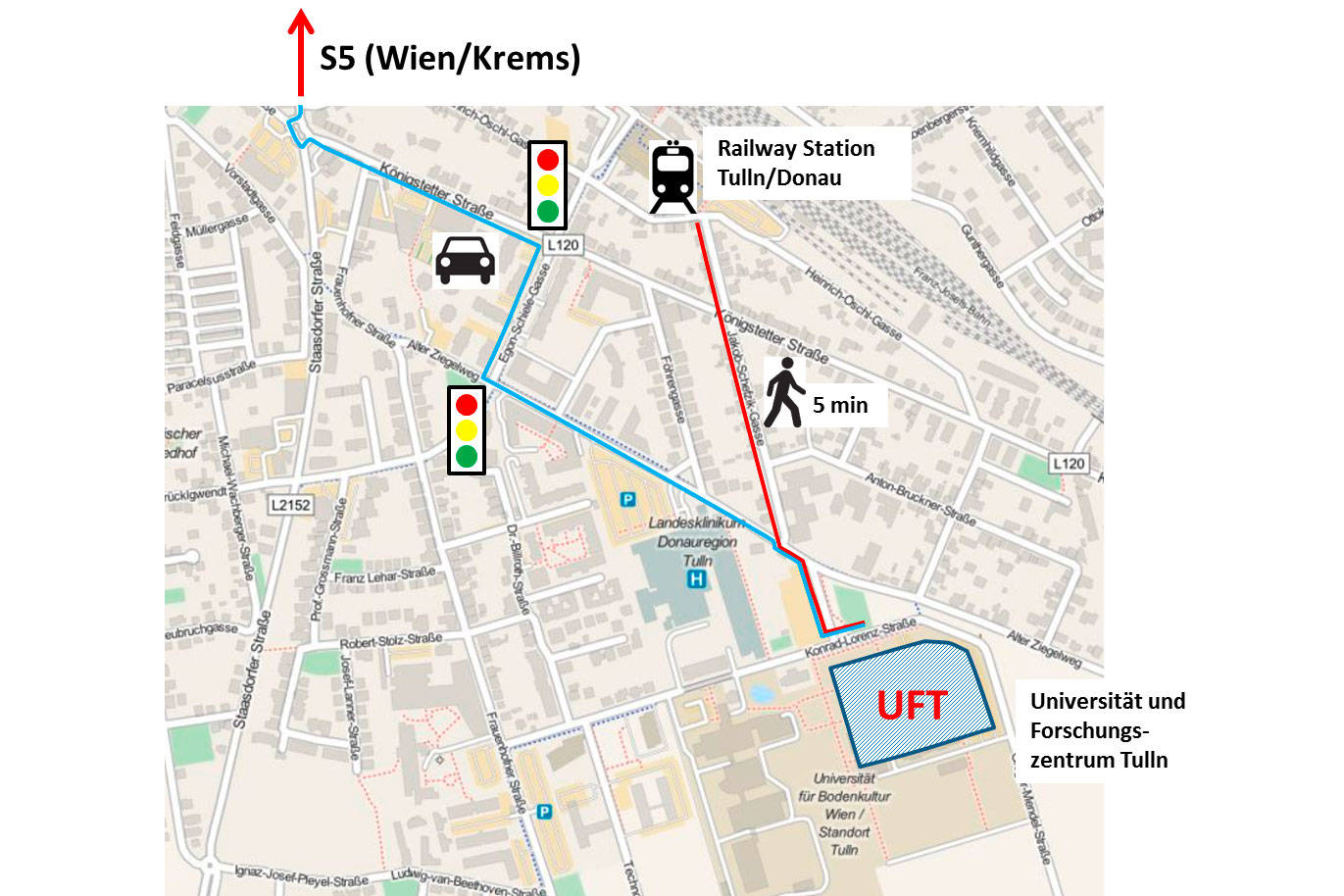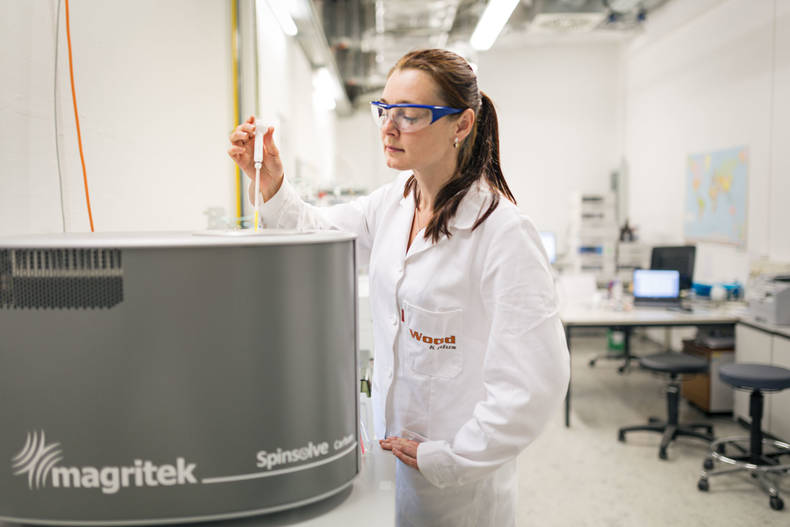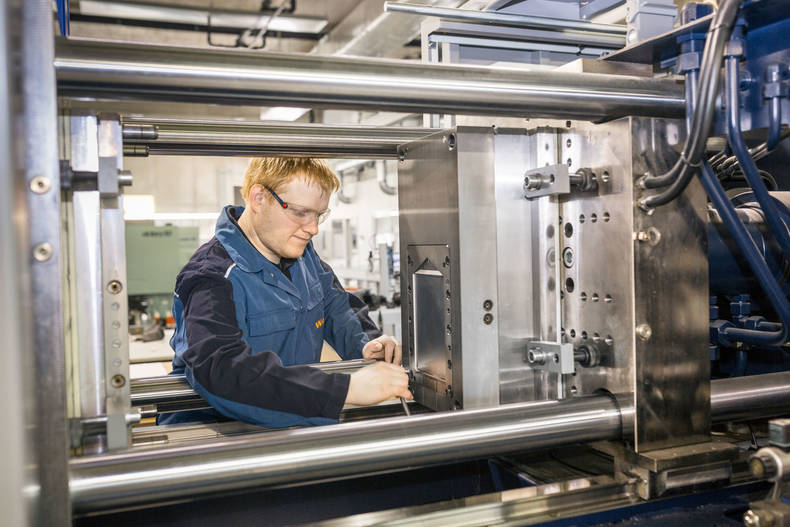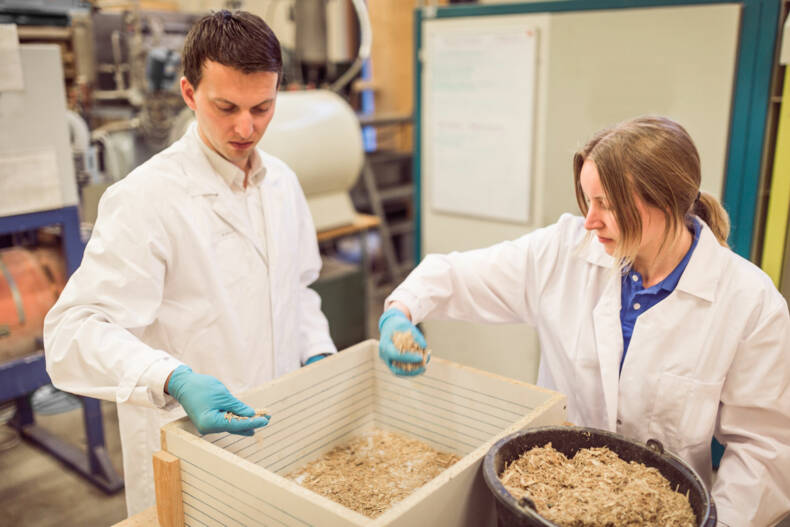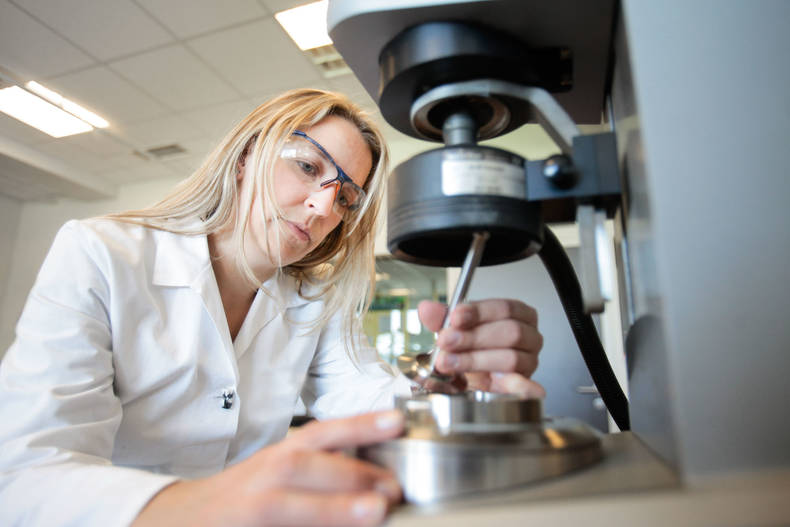Sustainable innovation &
Impact analysis
Research Interests
Our team “Sustainable Innovation and Impact Assessment” (SIIA) analyses the interaction between technology and society in bio-based value chains. This supports the successful development of sustainable innovations.
In addition to technological research at the Competence Center for Wood, we examine social, ecological, and economic framework conditions within the innovation process. This includes the pathway of a new product, for example, from idea to implementation.
Using various analytical methods, we develop strategies to reduce environmental impacts, leverage market opportunities, and meet societal requirements. In doing so, we strengthen our partner companies in their innovation processes and commitment to sustainable development.
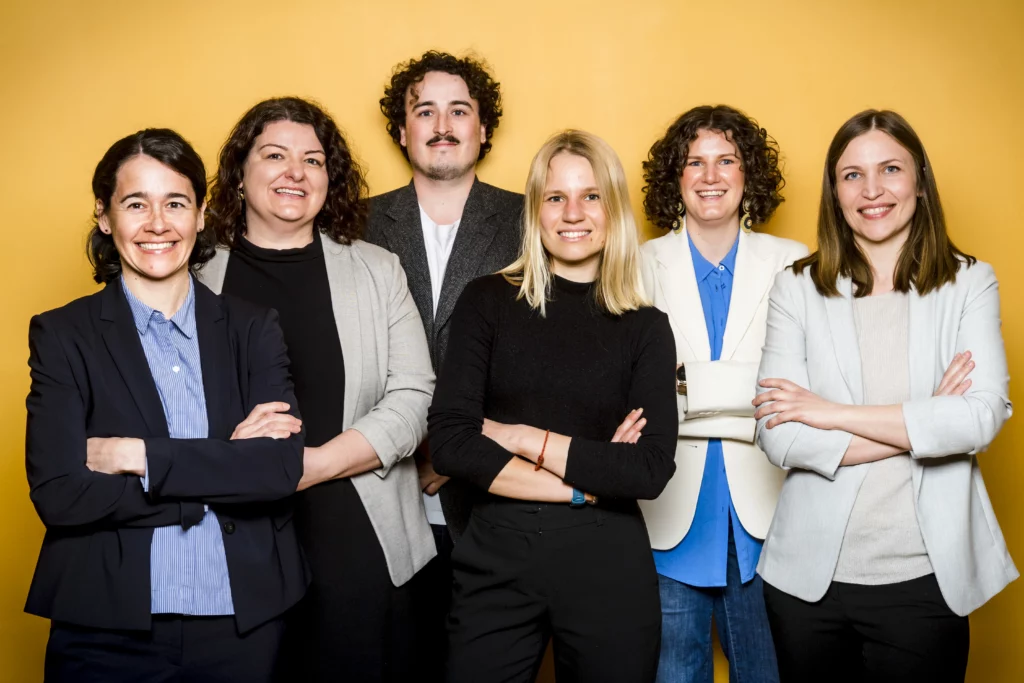
Research topics include:
- Sustainability assessment of bio-based products and processes
- Analysis of tools for assessing biodiversity, water consumption, and land use
- Assessment of environmental impacts at laboratory scale and modeling at industrial scale (upscaling)
- Collection of product requirements for targeted R&D through surveys
- Development of circular economy concepts and assessment of ecological, economic, and social impacts
- Scenario analysis for the market potential of new business models
- Social acceptance of entrepreneurial activities
- Societal requirements for the forestry and wood industry and their implementation
- Support in developing sustainability strategies
Equipment and Methods
Our goal is to successfully shape innovation processes in bio-based value chains towards market maturity, consumer acceptance, and sustainable development.
The team structures its expertise into three areas:
Social Acceptance and Policy Analysis
Changing political frameworks and societal values lead to strategic challenges. We examine societal requirements early in the innovation process to support R&D and corporate strategies. Through the analysis of social acceptance, e.g., of entrepreneurial activities, we can derive key aspects for implementing sustainability goals and stakeholder communication.
Examples:
- Quantitative and qualitative methods of empirical social research, e.g., interviews or surveys (online, telephone), involvement of citizens for data collection (citizen science), experimental study designs (willingness to pay, nudging), expert surveys (e.g., Delphi studies), or social network analysis
- Document, media, and content analyses (AtlasTi, MaxQDA)
- Analysis of gender-relevant aspects in bio-based value chains
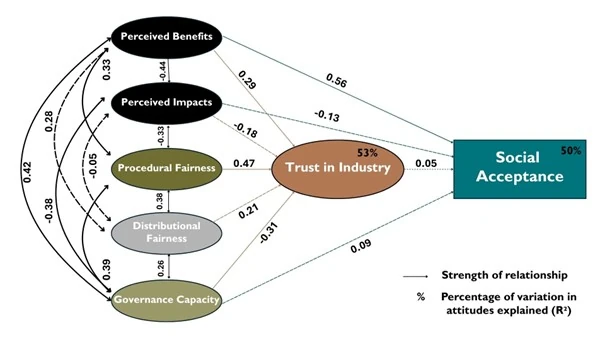
Sustainability Assessment: Ecological, Economic, and Social Impacts Along the Life Cycle
The production of goods and services has impacts on various dimensions of sustainability throughout the entire product life cycle. Already during product and technology development, different aspects along the product life cycle are examined. These insights are crucial for developing innovations with strong ecological performance. To this end, we involve various experts along the value chain in the innovation process.
Examples:
- Life Cycle Assessment using OpenLCA and LCA databases (Ecoinvent, Ökobaudat, Agribalise, ELCD, …), e.g., for carbon footprint, ecological footprint (PEF), and Environmental Product Declarations (EPD)
- Comprehensive sustainability assessment with LCA, social life cycle analysis, and life cycle cost analysis, also within the framework of Safe and Sustainable by Design (SSbD)
- Comparative eco-efficiency analyses for technological innovations
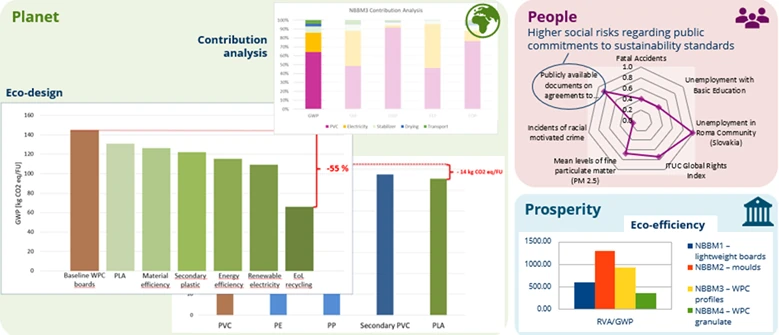
Market Analysis and Technology Foresight: Market Potential of New Products and Technologies
We analyse barriers and incentives that influence the success of new products and technologies. Furthermore, we identify requirements for new products, describe market potentials, and estimate the impact of market changes.
Examples:
- Lead User Analysis, Conjoint Analysis, and experimental designs for market-oriented product development
- Market modeling (forecasts, scenarios)
- Analytical Hierarchy Process for decision support
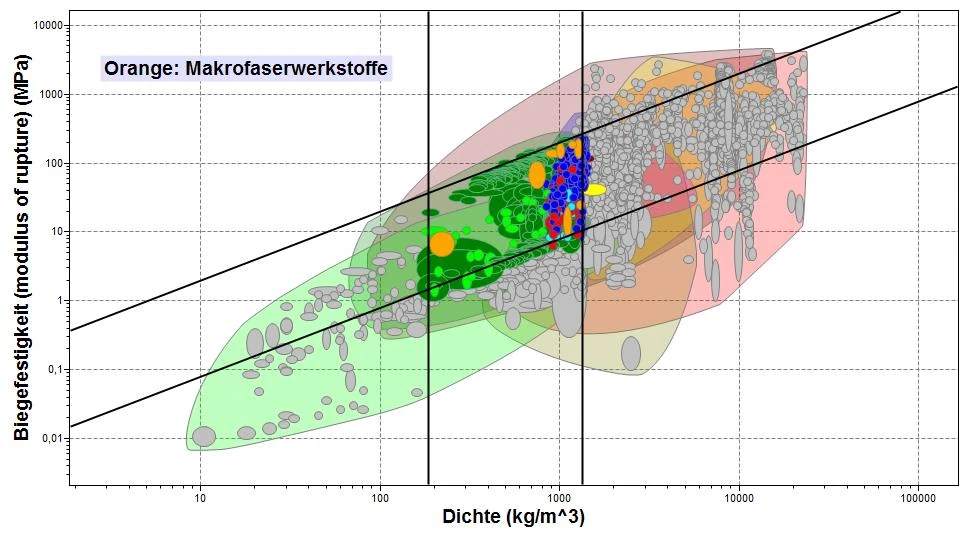
Contact Person
in Area Sustainable Innovation and Impact Analysis


Contact and Directions
Address
Kompetenzzentrum Holz GmbH
Sustainable Innovation and Impact Analysis
c/o UFT Universitäts- und Forschungszentrum Tulln
Konrad-Lorenz-Straße 24
3430 Tulln/Donau
The team Sustainable Innovation & Impact Assessment is located on the Institute of Wood Technology and Renewable Materials, Department of Material Sciences and Process Engineering, BOKU Vienna at campus Tulln.
Office and labs of Wood K plus are located at the University and Research Center (UFT), Konrad-Lorenz-Strasse 24, A-3430 Tulln. Crossing the assembly hall from the main entrance to the staircase on southern part of the building, upstairs on the 1st floor on the right hand you will find the offices of Wood K plus starting at office no. 1.3.119.
By car
From Linz – Salzburg (A1) St. Pölten – S33 direction Krems – Traismaier S33 direction Vienna/Tulln à Exit Tulln.
From Klagenfurt – Graz (A2) A2 direction Vienna à Südosttangente (A23) Exit Kaisermühlen à Donauufer Autobahn (A22) direction Krems à Stockerau S5 direction Krems à Exit Tulln.
Public transport
Train station Vienna Franz Josefs Bahnhof, Vienna Spittelau or Vienna Heiligenstadt à Vienna à Tulln. By foot: crossing Bahnhofstrasse and following Jakob-Schefzik-Gasse ahead to UFT (approx. 900 m).
Train station “Westbahnhof” underground U6 à station „Spittelau” à Vienna à Tulln by train.
Train station “Südbahnhof/Zentralbahnhof” underground U1 à station “Schwedenplatz” à underground U4 à station “Spittelau” à Vienna à Tulln by train.
By Plane
International airport Vienna – Schwechat à City Airport Train (CAT) à underground station „Wien Mitte“ (U3, U4) à underground U4 direction „Heiligenstadt“ à end of the line train station „Heiligenstadt“ à by train Vienna à Tulln (time max. 90 min.).

